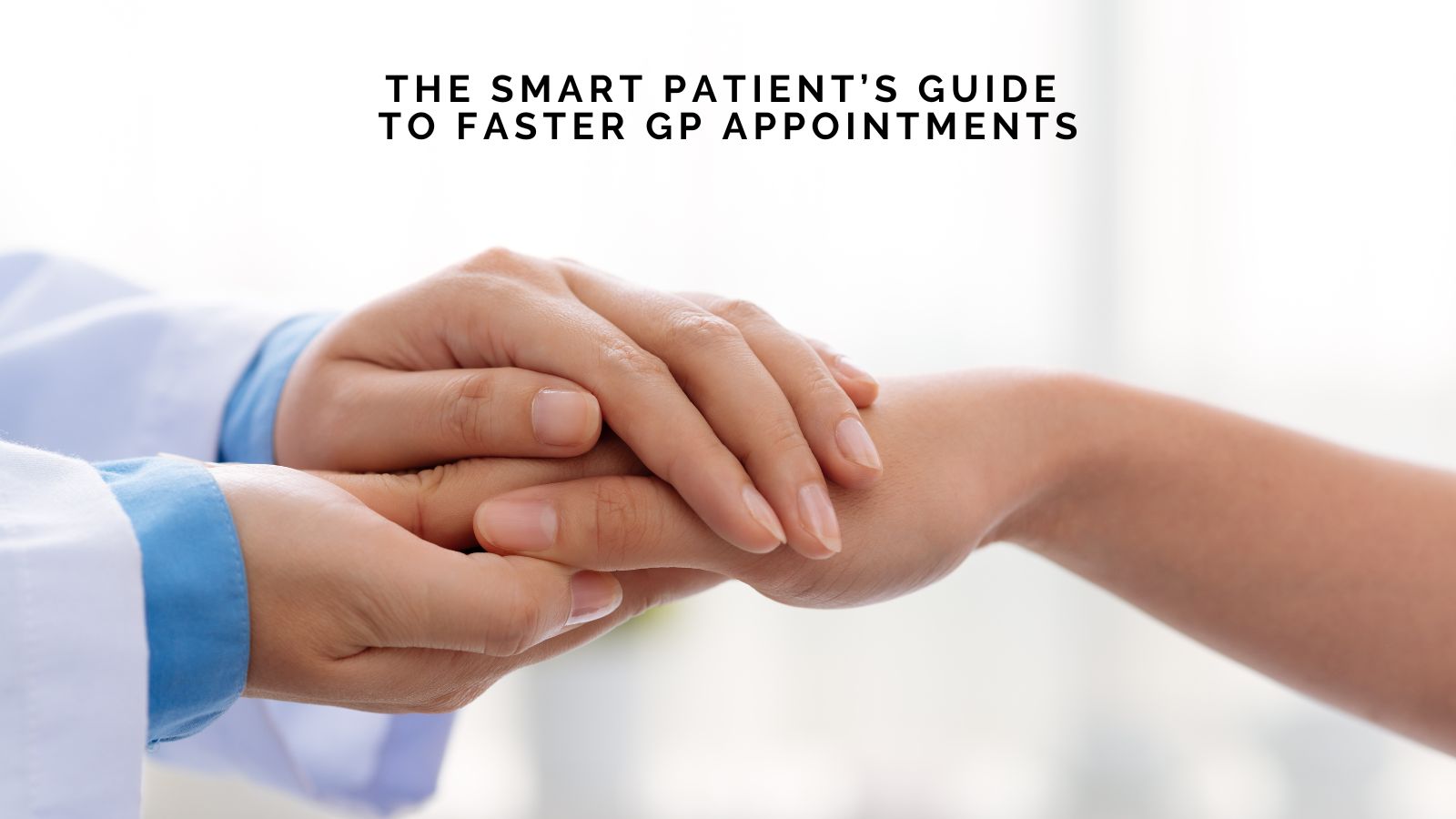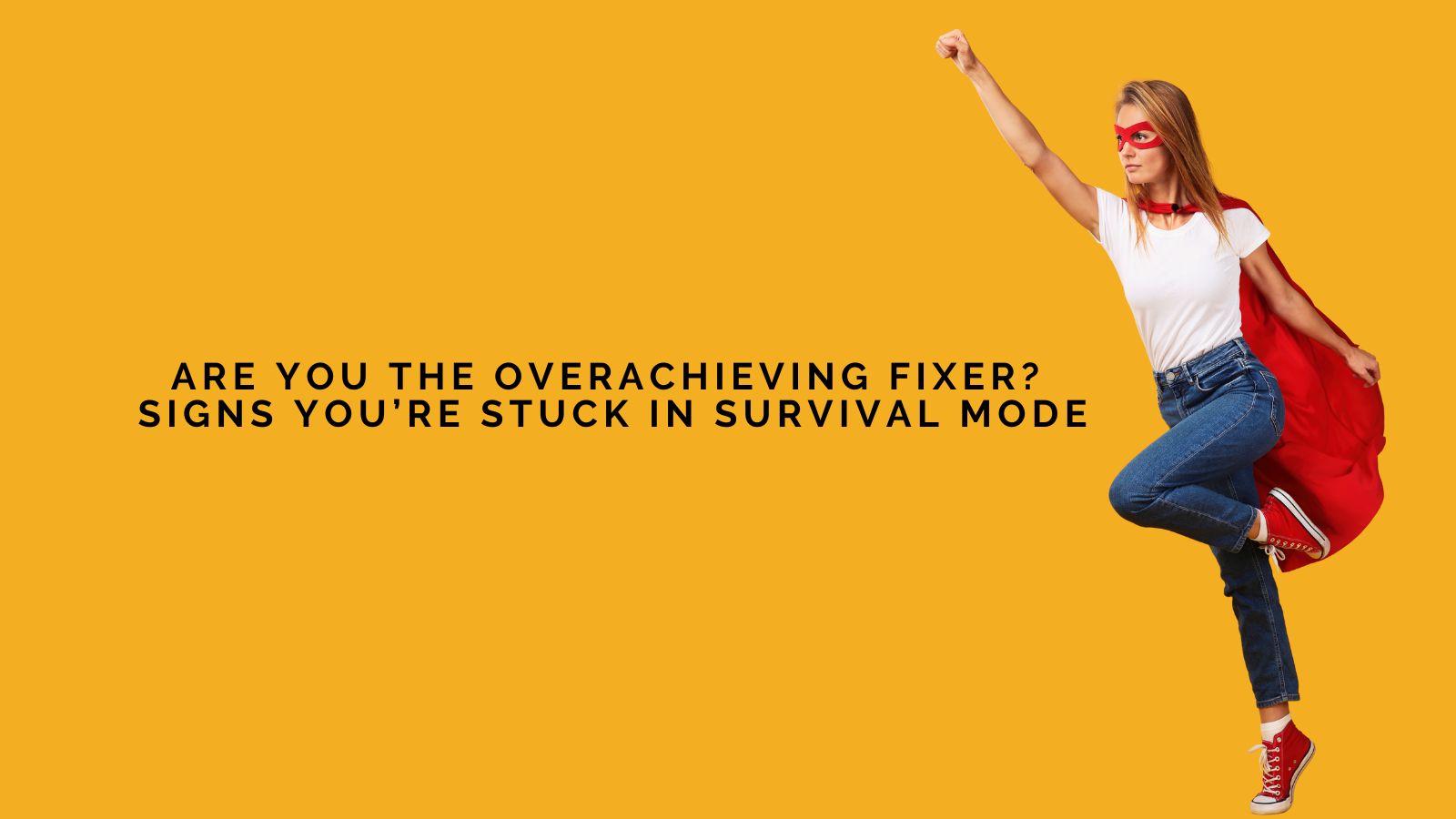
“Susanne, I know if you say you need an appointment, you really need one.” — Nicole, assistant to my GP
How did I earn that statement (and the appointment she squeezed in)?
Future columns will cover more, but for now, let’s start here:
Earn the trust of your doctor and their staff.
Yes, as patients who want to be taken seriously, we have to put in the work. Doctors can be jaded from people abusing the system and from those so self-absorbed they’re convinced their problems are the top priority. Think: My nose bled in the nosebleed section at the football game last month and I need this checked out STAT!
Of course, sometimes our problems do need to be a top priority, as they may be serious or urgent.
Here’s how to earn the ‘in’ with your doctor:
Before calling, ask yourself these questions:
Is my problem pressing, or could I wait for a routine appointment?
Is this something a pharmacist could answer?
Have I had this health issue before? If so, how was it treated and what did I learn from that?
Can I help myself while I wait to be seen?
Do I tend to overreact or worry over small things, or is my default to avoid the doctor at all costs?
When you call for an appointment, aim for efficiency and list the most pertinent symptoms. Recently, I’d been fighting a UTI and had been given a prescription. Four days into a five-day course of antibiotics, I felt worse, not better. I mentioned ketones in my blood, which can quickly lead to a life-threatening diabetes complication.
Being Thursday, I voiced concern about not being treated before the weekend. That’s all it took. The assistant sent a note to the doctor while I was still on the phone and bumped me to the top of the urgent list. I was (virtually) seen and re-treated not long after.
(Bonus tip: I made a follow-up appointment for the following week, knowing I could cancel if not needed.)
Being self-aware, both physically and emotionally (sometimes we have to dig deep), and being efficient when communicating (they LOVE this!) helps the team — and yes, that includes us — decide when we should be seen.
Double-bonus tip: Be on time! (Yes, even if you know they always run late. Watch this space for more on that topic.)
And… BOOM. Trust gets earned.
Less health stress, yes?
_(67).jpg)

 (67).jpg)







